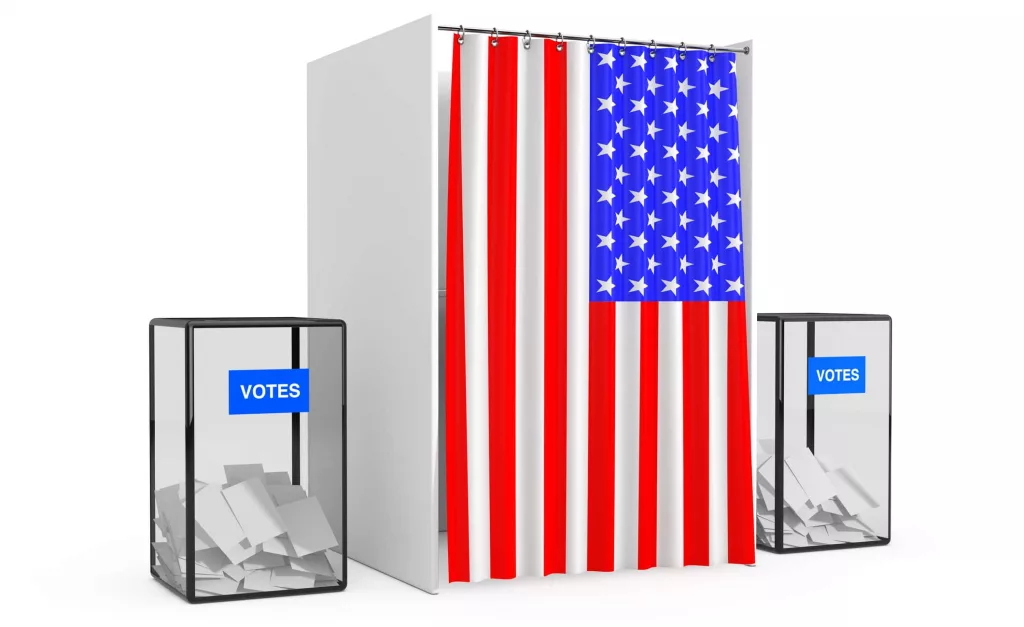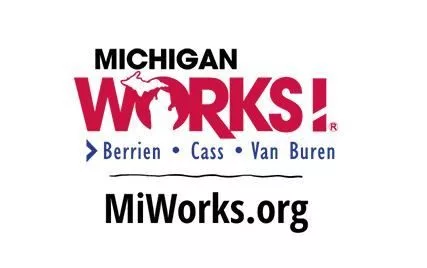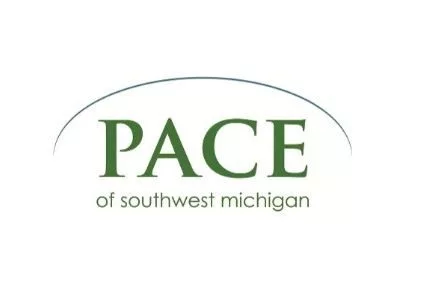Several business organizations in Michigan are boldly stepping into the fray calling on state lawmakers to adopt several measures in order to keep pocketbook issues off the November ballot while at the same time the organizers of one of the issues threatens a law suit if they do in fact keep the issue off the ballot.
One of the state’s leading small business organizations, the National Federation of Independent Business or NFIB, has called on Michigan lawmakers to adopt Paid Sick Leave and Minimum Wage Ballot Proposals in order to keep them off the November statewide ballot, while the Michigan Manufacturers Association wants the paid leave issue to be adopted in order to keep it out of the hands of voters.
Charlie Owens is State Director of the Michigan NFIB team. He argues, “Out of state groups want these proposals to go to the ballot because they will spend millions of dollars in funds from their hidden donors to mislead the public into believing that the cost of these bad proposals will come out of the pockets of ‘rich corporate business owners,” He adds, “The sad truth for Michigan is that the real costs and consequences of these extreme proposals will fall on small business and struggling families that could lose their jobs”.
Owens says that, when asked if the legislature should stop mandated Minimum Wage and Paid Leave Proposals from going to a statewide ballot, 79-percent of the small business members of NFIB said “yes,” and another 88-percent agreed that the legislature should make changes to these proposals to lessen their impact on small business.
Meanwhile, Mike Johnston, the Vice President of Government Affairs for the Michigan Manufacturers Association contends, “When ballot proposals potentially impact Michigan’s business climate, the legislature must engage to evaluate the impacts on Michigan citizens and job providers.” He further argues, “This proposal will create legal battles between employees and employers and damage Michigan’s business climate. Michigan has led the nation in Manufacturing job growth since 2009. We are calling on the legislature to adopt this proposal to engage in the normal legislative process to evaluate and protect Michigan’s future.”
In the middle of all of that, the Associated Press is reporting that the organizers of a ballot initiative that would raise the state’s minimum wage to $12 an hour say they will sue if the legislature adopts the proposal but then weakens it later in the year. They say that One Fair Wage lawyer Mark Brewer said Tuesday at a Capitol news conference that the move would be unconstitutional. He says lawmakers can only adopt the measure — making it law — or reject it, in which case it would go on the November ballot. Legislators also could propose an alternative to appear on the ballot alongside the proposal.
The NFIB’s Owens suggests, “Any pretense by supporters of these proposals that they are a legitimate Michigan citizen ‘grassroots’ movement for reform is laughable,” adding, “Both proposals are bought and paid for by out of state groups funded from organizations that refuse to disclose their donors to the public and the signatures were gathered by paid professional firms that misrepresented the negative costs and impacts of these proposals to obtain signatures.”
Michigan’s Constitution gives lawmakers 40 session days to enact or reject any law proposed by initiative petition. Owens said that lawmakers should act to prevent outside special interests from imposing their will on Michigan citizens.
The Michigan Manufacturers Association also notes that the Legislature is authorized by the Constitution to adopt ballot proposals to allow elected policymakers to evaluate the details of proposals for impacts on the economy and the people of the state of Michigan, now and in the future. Ballot proposals enacted through the initiative process cannot be amended, except by a super majority vote of the legislature, leaving proposals to negatively impact the economy essentially without recourse.
Owens says, “If these proposals are allowed to go to the ballot, and they succeed in passing, a three-fourths super-majority of both legislative chambers will be required to make any changes to the law.” He contends, “This will be an impossible requirement to meet and Michigan will be stuck with the most stringent paid sick leave and minimum wage employer mandate in the country”.
Owens said that by adopting the proposals, lawmakers will be able to craft practical and sound solutions that are better for citizens and small business, rather than an “all or nothing” extreme mandate imposed by outside special interest groups.
At the MMA, Johnston is just as adamant on his issue, saying, “This proposal will impact small businesses the most and 85-percent of our members employ fewer than 100 people.” He adds, “We are asking the legislature to perform its constitutional duty to evaluate the details of this proposal to see if it would negatively impact employees and employers, and Michigan’s economic future. These are critical issues for the future of Michigan and the legislature ought to be involved.”
MMA represents over 1,700 manufacturing companies in Michigan. Most manufacturers in Michigan are small businesses and most are family owned, employing people in their communities across the state.
Stay tuned. A little over two months and counting until election day.






